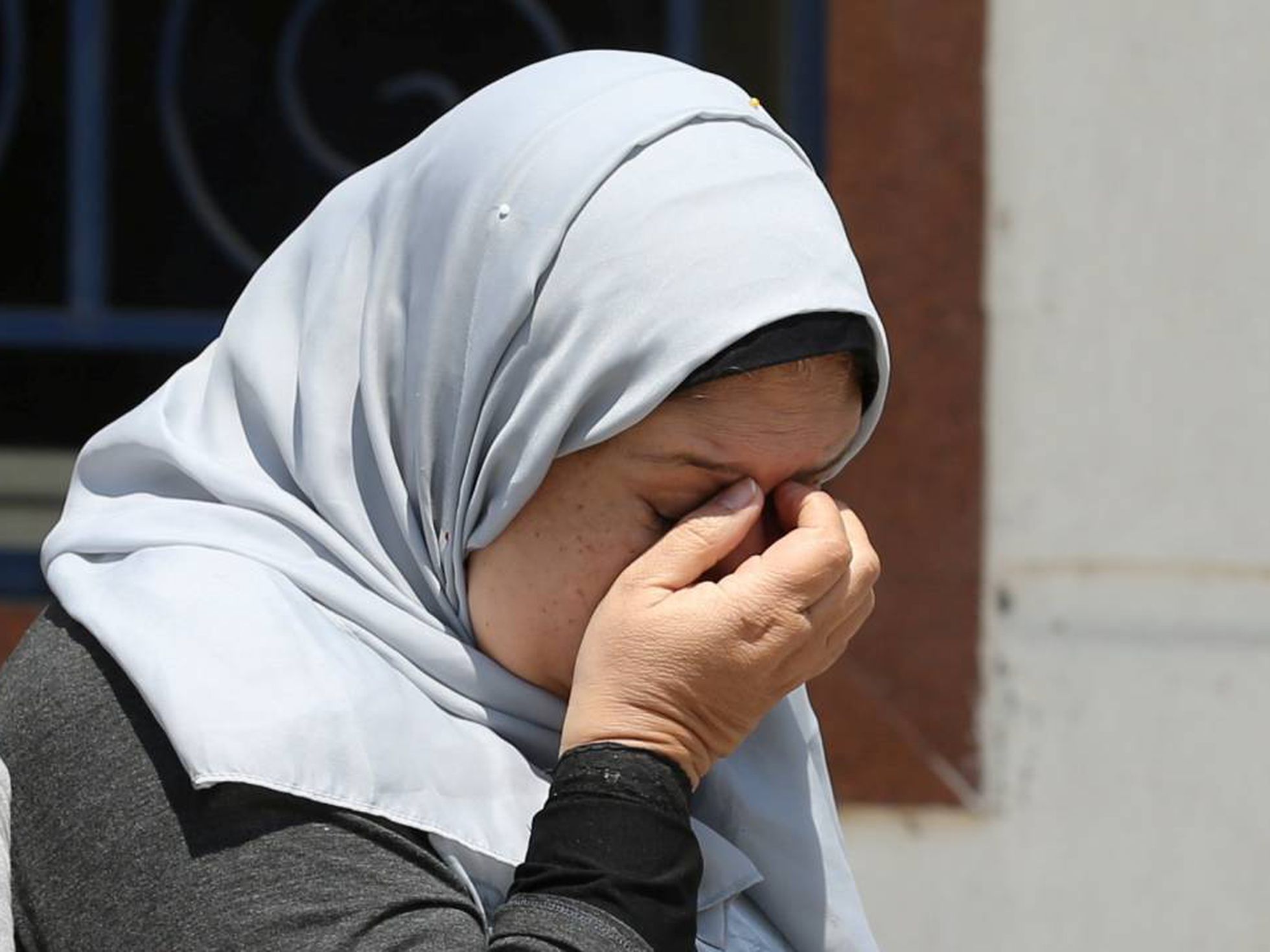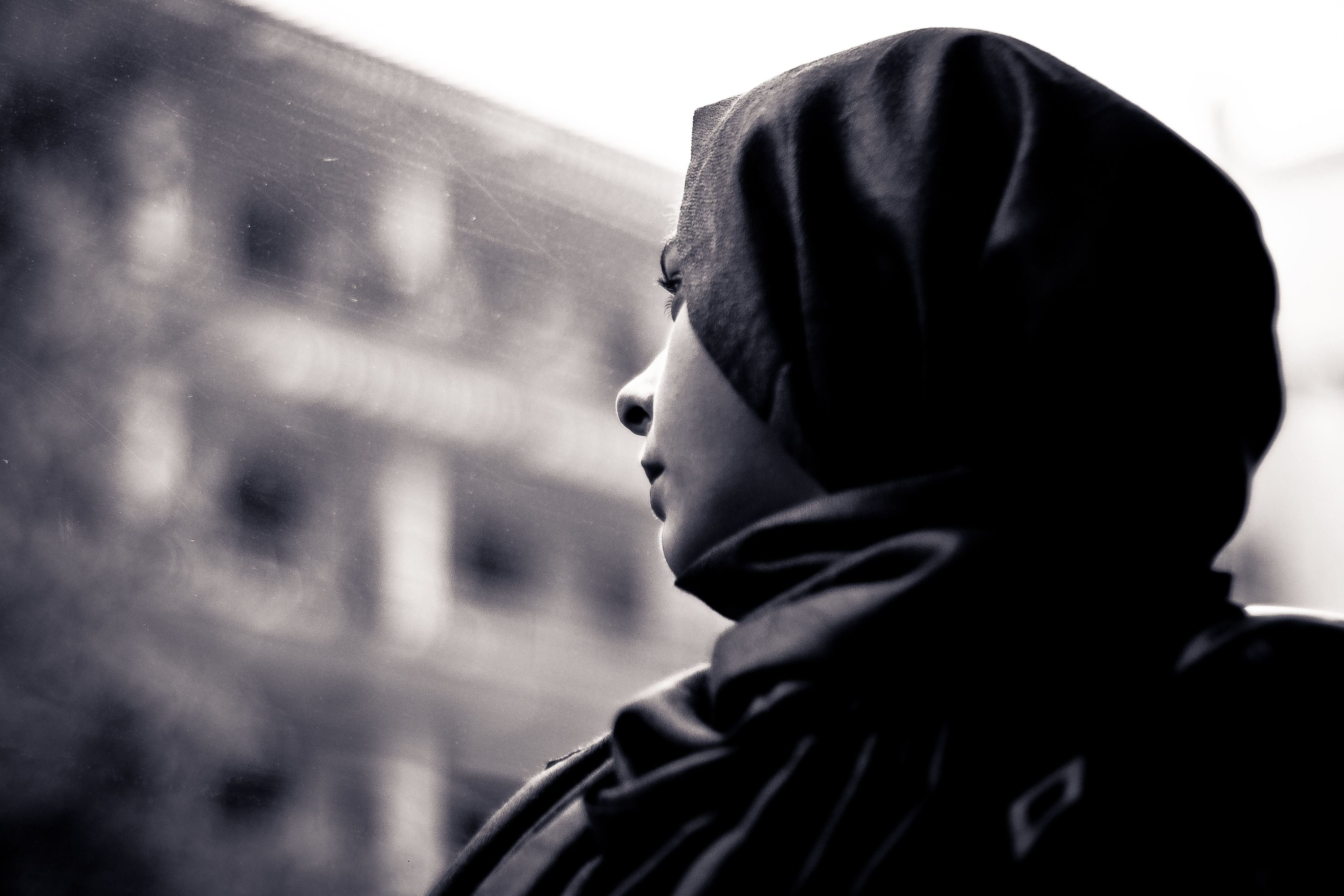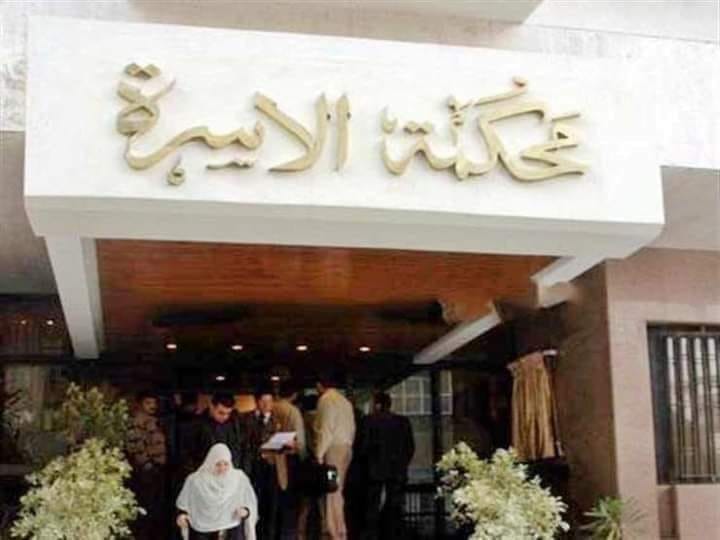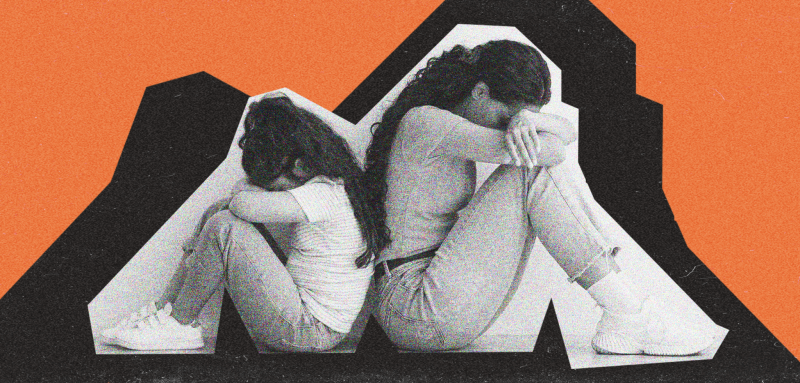She looks for comfort, but finds herself stuck in the middle of a whirling vortex of complexities and compromises surrounding her from all sides. This is the case with many Egyptian women who have decided to end their life of marriage and start a new page in an attempt to wipe away the traces of all the bad days they were subjected to. However, in the midst of an arsenal of laws full of loopholes and defects, many women find that their lives are being stomped out by blow after blow from their ex-husbands, if they decide to take revenge, or get rid of the burden and responsibility of his children.
Official statistics indicate a shocking increase in divorce cases in Egypt, reaching more than 254,000 cases during 2021 alone, according to the Central Agency for Public Mobilization and Statistics (CAPMAS). But what these statistics do not monitor are the consequences that all parties of the conflict pay for, especially if one party decides to take revenge on the rest, taking advantage of the shortcomings in some personal status laws that were drawn up many years ago, especially as Egyptian society has greatly changed since.
"The right of custody for women ends when the minor reaches the age of fifteen, and then the judge gives him/her the choice of whether to remain with the female guardian without any custody payments, until the minor comes of age or until he/she marries”
Thrown out onto the streets by force of law
One of the most important articles that women consider to be unfair to their rights is that which relates to the place of residence that a divorced woman lives in with her children, especially since the law stipulates that the ex-husband has the right to take the custody apartment that his divorcee and his children live in when the youngest child reaches the age of 15. At that period of time, he has the right to demand that the child choose between him and his mother, and even if the child chooses to stay with his mother, he’ll be sentenced to live with her, but with the husband seizing the custody apartment. Thus, many women find themselves in jeopardy with their children as soon as they reach the age of 15, without any considerations to the social, psychological or even humanitarian aspects of this issue.

Article 20 of Law No. 100 of 1985, later amended in the first paragraph of Act No. 4 of 2005, stipulates that "the right of custody for women ends when the minor reaches the age of fifteen, and then the judge gives him/her the choice of whether to remain with the female guardian without any custody payments, until the minor comes of age or until he/she marries”
In accordance with Article 20 of Decree-Law No. 25 of 1929, as amended by Law No. 100 of 1985, and pursuant to Article 18 of the aforementioned Decree-Law, the marital home belongs to the father as the custody home or dwelling – unless it is legally registered in the name of the mother as ownership or rent – and therefore keeping the minor in the custody of the respondent (the mother) after the expiry of the mandatory custody period, does not give her the right to keep this dwelling.
A day she can never forget
Alaa Ahmed (pseudonym) will never forget the day her father enforced the ruling to seize their custody home, as soon as her younger sister turned fifteen. "My parents separated after years of problems, judicial hearings, and malicious battles my father waged in order to humiliate my mother, and thus humiliate us along with her, without even considering the impact of what he’s doing on me and my younger sister," she tells Raseef22. "I can't forget the day when my father came with the police to force me, my mother and sister to leave our home, that we were born in and has become an integral part of our memories."
The young woman in her twenties recounted how her father waited until her younger sister reached the age of 15 to evict them and their mother from the custody apartment, ignoring their pleas to leave them inside the house because they had nowhere else to stay. "He didn't think he was pushing two young women and their mother out onto the street. He didn't care that we’d be harmed just so he could get the house we live in. He wasted no time to come and throw out the three of us to an unknown fate," she says.
"The law is very quick to expel a mother and her children to the street, but it is very careful when it comes to implementing judicial rulings issued against a father who refuses to support his children”
A law that doesn’t do justice to women breadwinners
As for Nermin Mahmoud (pseudonym), she poured her anger on the Personal Status Law, which she described as "an unjust law that doesn’t do justice to women who support their children after their father abandoned them". She then asks, "What kind of law is this that endorses the expulsion of a mother who devoted her life to caring for her children after their father left them without even bothering to provide for them, leaving her and her children on to the street just so that the deadbeat ex-husband can seize the custody apartment."

Buying time in search of shelter
Wafa Ashraf’s story was no different, after she suddenly found herself facing the loss of her home, "My ex-husband won the case to seize the custody residence and I had no choice but to appeal the verdict, despite already knowing that this step was futile. But my only choice was to buy some time, especially since I don't know where I will live with my children when he kicks us out of our home, where we have been living for years, and where every detail of our lives revolves around, in terms of our social relations and our children's schools."
The children remaining with the mother after the end of the mandatory custody period does not give her the right to keep the marital home except in one case, which is if the young ones are ill and are unable to take care of themselves
Wafa adds that she has two daughters, the eldest is 20 while the youngest is 15 years old, explaining that her ex-husband waited until the young girl reached the legal age in order to file a case to seize the custody home, pointing out that when she loses the appeal – which she is expecting – she will no choice but to file new lawsuits in the name of her two daughters in order to obtain a rent for housing, but she fears that the ruling will turn out to be a small amount that is not commensurate with the value of the high costs of rent for apartments. She also does not know where she will live until the case is decided and the sentence is executed.

Legal defects that need to be amended
Regarding the legal aspects of regulating the issue of custody housing, Suad Magdy Ibrahim, a lawyer at the High Appeal Court and the State Council, explains that among the principles and rules recognized by the Court of Cassation, keeping a young child after the end of the age set for the end of women’s custody, in the hands of the mother, is not considered an extension of her right to custody, but rather a period of retention, after the children became able to forgo the custody and services of their mother. She states that in this case, the mother is considered a volunteer of custody without pay or housing, meaning that the law considers a child who has reached the age of 15 to be able to dispense with the custody and services of his mother, and therefore if he/she wants to stay with her, this happens without the mother having the right to request a custody fee or housing.
She explains that the children remaining with the mother after the end of the mandatory custody period does not give her the right to keep the marital home except in one case, which is if the young ones are ill and are unable to take care of themselves.
Ibrahim adds that if the father insists on recovering the custody home from his divorcee and his children, in this case the children can file lawsuits against the father to demand the housing fee, but the problem here is that in many cases, these cases end up with rulings for small amounts that do not come close to the current increases in the value of housing, for the children to be able to continue their lives at the same level they were living in throughout their entire lives in the custody home.
Raseef22 is a not for profit entity. Our focus is on quality journalism. Every contribution to the NasRaseef membership goes directly towards journalism production. We stand independent, not accepting corporate sponsorships, sponsored content or political funding.
Support our mission to keep Raseef22 available to all readers by clicking here!
Interested in writing with us? Check our pitch process here!



